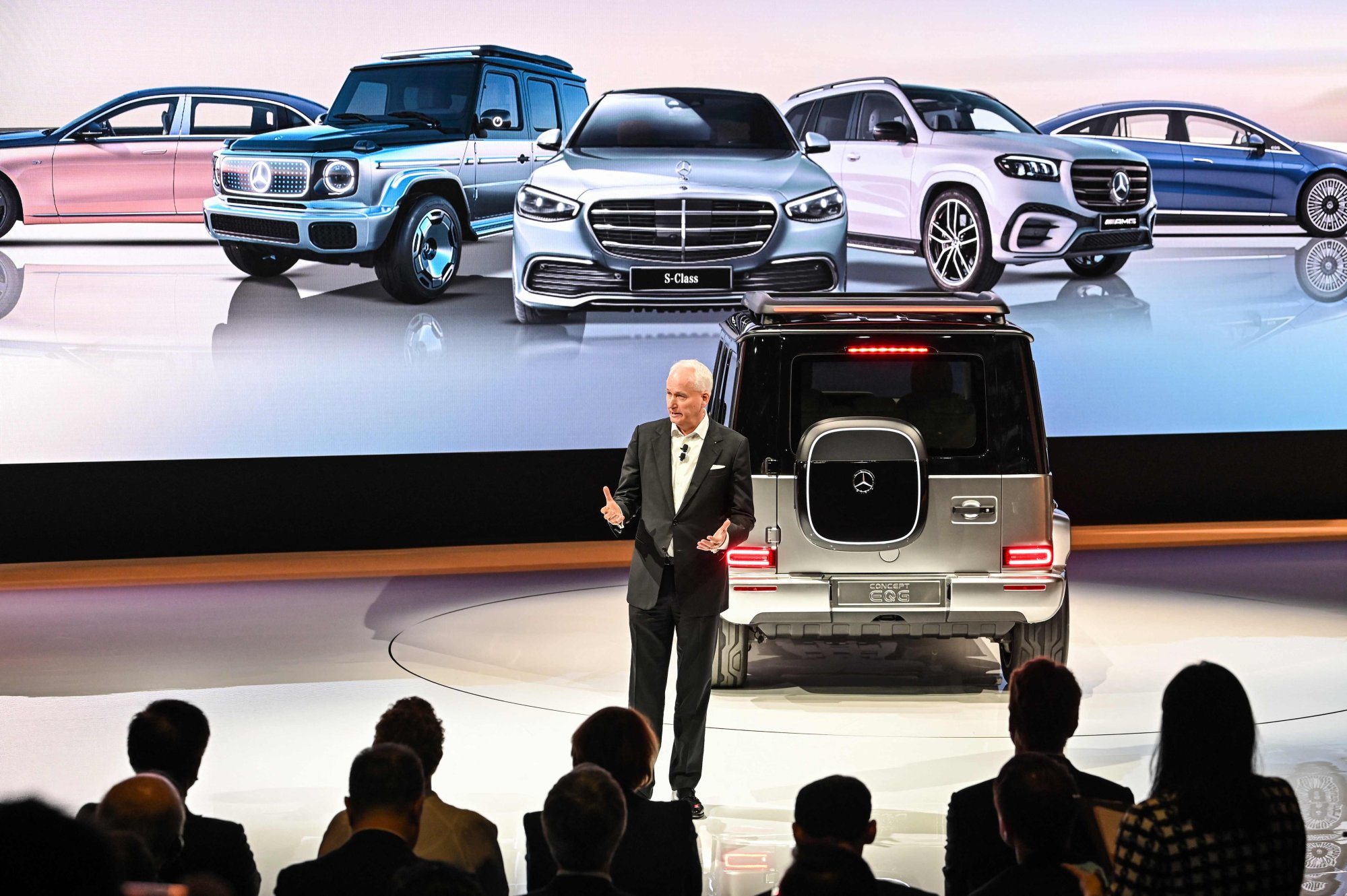The venture will procure electricity generated from renewable sources in regions where conditions allow, and the charging network will be open to the public, according to the statement. The customers of both German carmakers will enjoy more exclusive features.
“Both BMW and Mercedes-Benz will apply the expertise gained from global and Chinese charging operations, as well as the in-depth understanding of the Chinese new energy vehicle [NEV] market, to deliver fast, convenient, reliable and tailor-made charging solutions for the Chinese market,” the statement said.
The equal joint venture is subject to regulatory approvals, the companies said.

Mercedes-Benz said in January this year it would build more than 2,000 so-called charging hubs with more than 10,000 fast-charging points in North America, Europe and China by 2030. The first batch of charging hubs started operations in the US city of Atlanta, China’s Chengdu and Mannheim in Germany last month, according to the company.
BMW currently has more than 570,000 charging pillars in China, with over half being fast chargers, the German carmaker’s website showed.
“High-end vehicle brands prefer to have their own charging networks to improve car owner experience,” said Yale Zhang, managing director at the consultancy Automotive Foresight in Shanghai. “However, establishing such a network is expensive and takes a long time, and the return on direct investment is slow, especially when ownership of the brands’ EVs is relatively low.”
As the most popular premium brands in China, BMW and Mercedes-Benz both accounted for 36 per cent of the premium light vehicle sales market in the country last year, according to market research provider Euromonitor International. However, sales of both brands’ EVs remain relatively small – in 2022, just 10 per cent of the new light vehicles sold by BMW in China were electric, while the share for Mercedes-Benz was only 7 per cent.
“This suggests that while EVs are becoming more commonplace in China, the utilisation rate of such high-power charging stations is likely to be initially small, reducing profitability,” said Fransua Vytautas Razvadauskas, mobility insights manager at Euromonitor.
However, as EV use is expected to continue surging in China, it will open up more opportunities for early pioneers in charging infrastructure.
By 2030, 68 per cent of new passenger car registrations in China are expected to be electric, and the number is forecast to rise to 91 per cent by 2040 under China’s goal of reaching net-zero emissions by 2060, Vytautas Razvadauskas said.
“Thus, brands such as Mercedes-Benz and BMW, which are positioning early, are likely to reap the rewards of EV’s growing charging industry in the medium to long-term future.”



